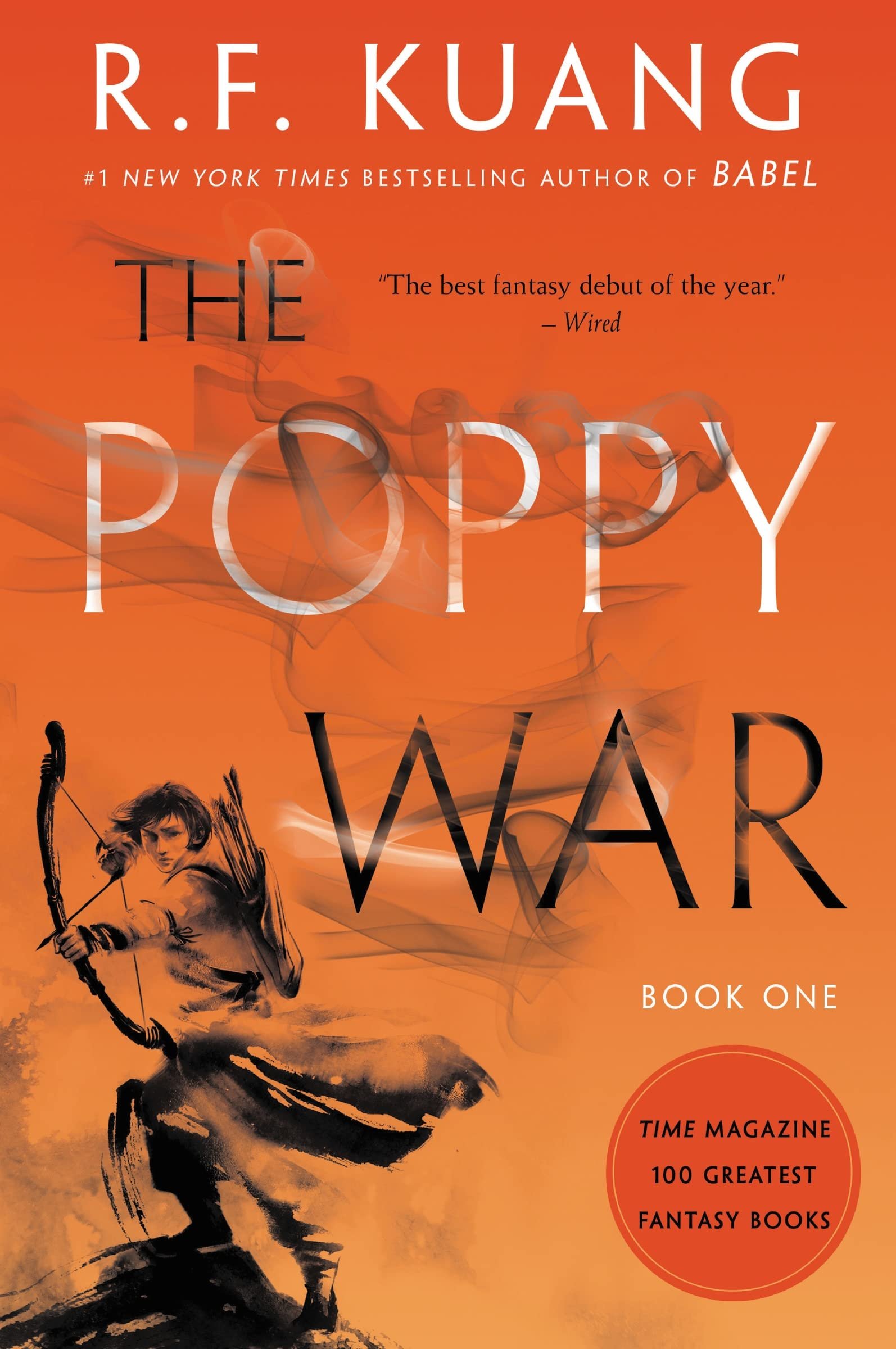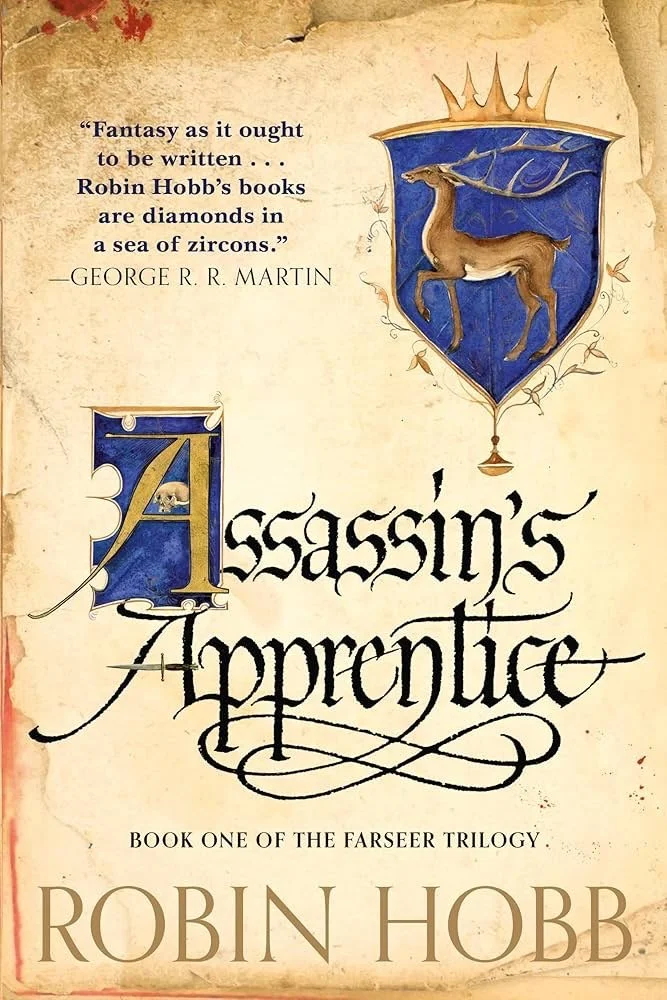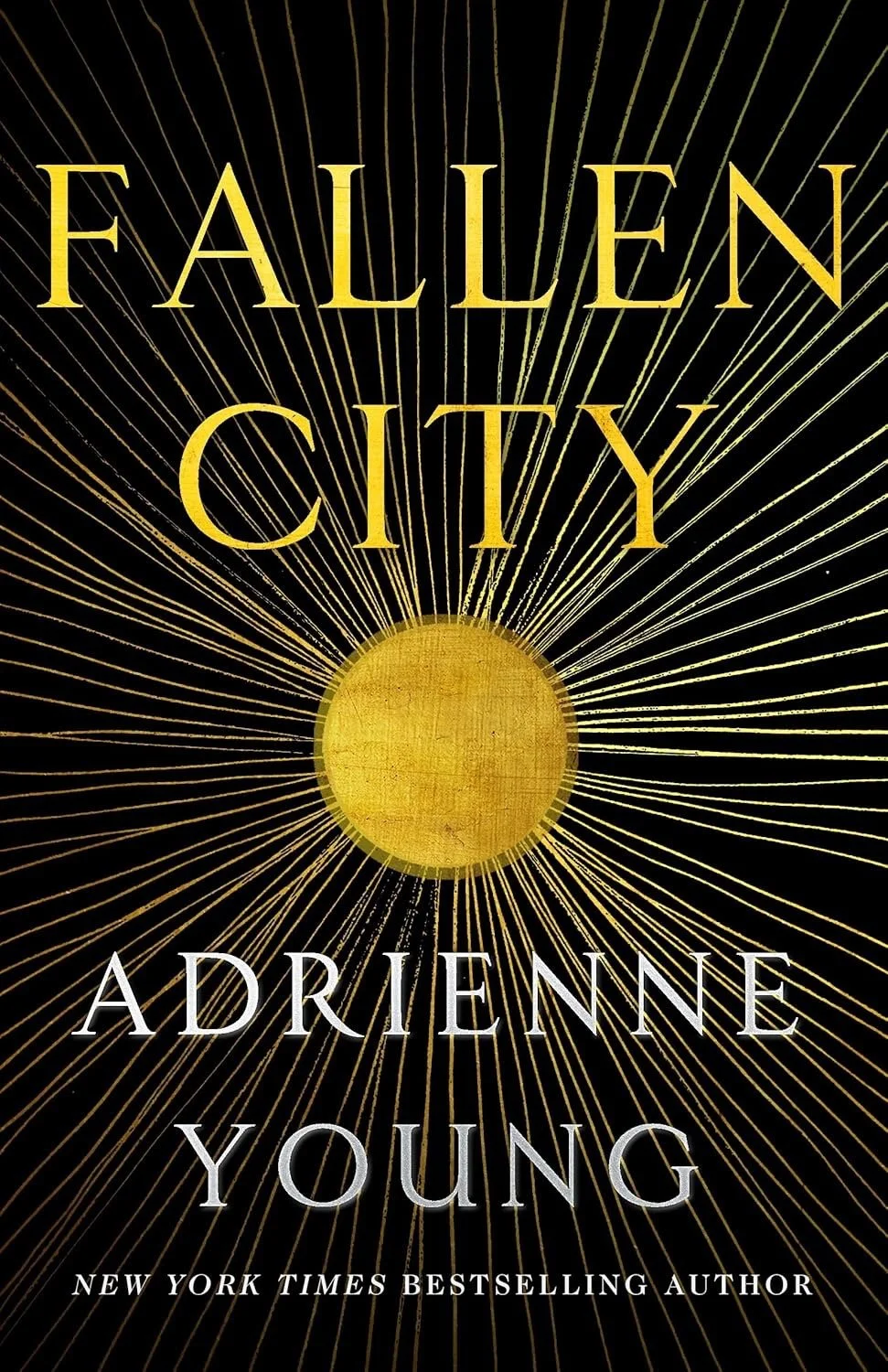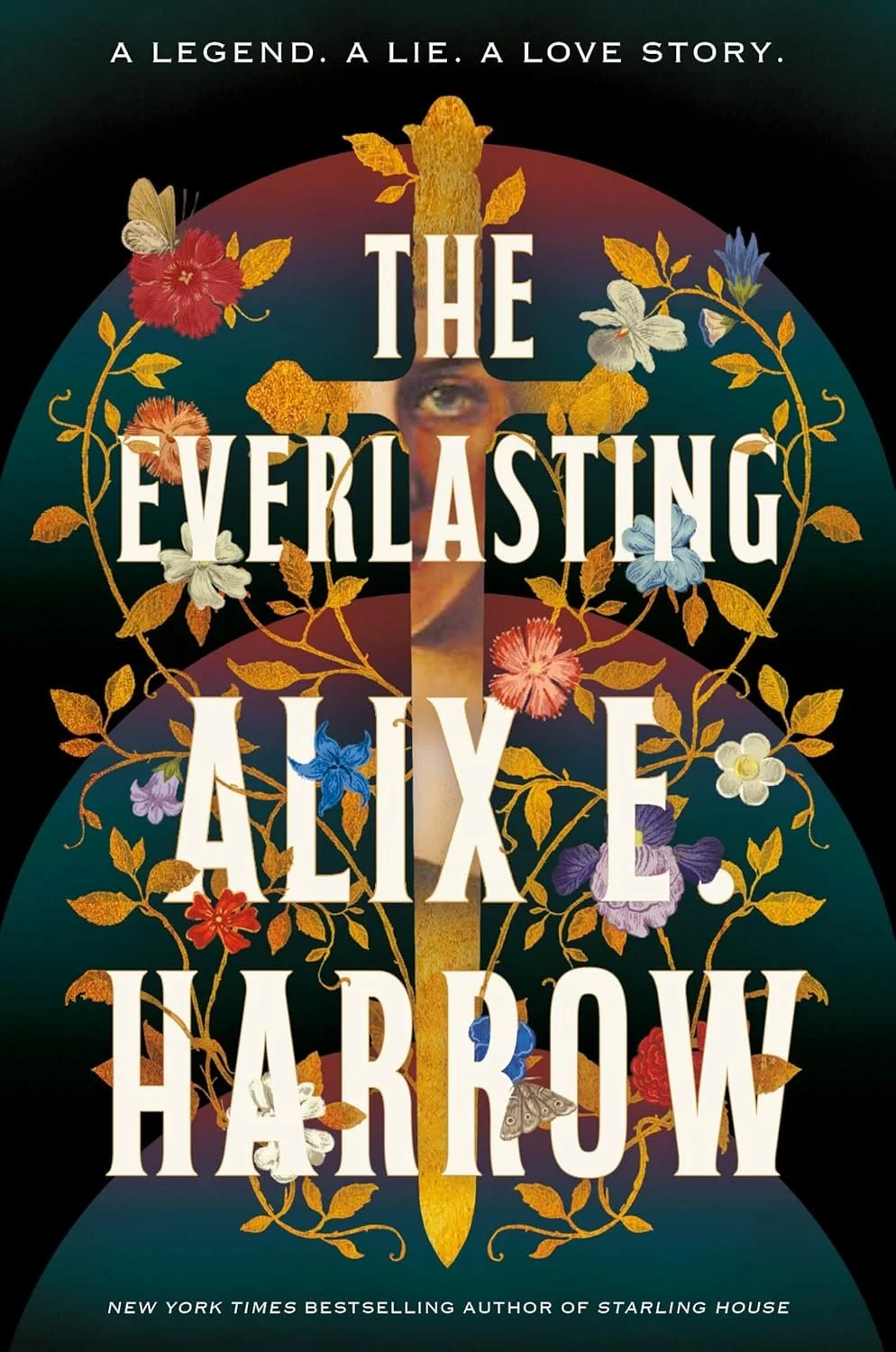The Poppy War by R.F. Kuang —Review and Content Warnings
Title: The Poppy War
Genre: Dark Fantasy, Military Fantasy
Series: The Poppy War #1
Synopsis: Rin, a war orphan who rises through an elite military academy, confronts the brutal realities of war, shamanic power, and her own capacity for destruction. Blending Chinese history and mythology, it explores the cost of power, trauma, and vengeance in a vividly brutal world.
Content Warnings
General Rating: Adult (18+ / TV-MA)
Spice Rating: None
Violence Rating: Severe**
Brutal descriptions of war, rape descriptions, massacre, torture
Profanity Rating: Severe
36 occurrences of f*ck
Book Review
Overall rating: 4.5/5 stars
What I Liked
The Poppy War is absolutely stunning in its grim perspective on war and human violence. Kuang makes no secret of the book’s connection to the Second Sino-Japanese War, and a brief Wikipedia search (due to my ignorance on the matter) resulted in knowledge of more brutality done to humans by humans than I knew existed. It is a truly dark and bloody moment in human history, and Kuang does not shy away from its brutality in depicting similar situations in The Poppy War.
One reviewer called it a ‘Chinese mythology,’ meaning that Kuang appropriates Chinese history into a mythological retelling. I think this is accurate. She changes names and adds an element of mythical magic reminiscent of Chinese lore, and it takes on a life of its own while reimagining the darker parts of history.
This is the second book that I’ve read by Kuang (the first being Babel), and I continue to be impressed by her prose, wit, and depth of insight into humanity. This is not an entertaining book, per se, but it is rich, detailed, and an insightful exploration of recent history.
What I Didn’t Like
I can handle a lot of violence, but the descriptions of the massacre at Golyn Niis are stomach turning even for me. Unfortunately, these descriptions are on par with the historical massacre at Nanjing, so really, Kuang isn’t making up anything worse than what humans have already invented. It’s horrific. This book takes a strong stomach and an ability to stare in the face the worst violence done to humans.
Major Themes
War and its consequences: There are no victors in war, as Rin finds out, only the useless objectification of humans and the subsequent violence against brothers and sisters, nations, and oneself.
"It’s how the Federation soldiers were trained. When you believe your life means nothing except for your usefulness to your Emperor, the lives of your enemies mean even less… It was, simply, what happened when one race decided that the other was insignificant.” (422, 432)
Racism: Rin, a poor peasant from the south, quickly learns that others perceive her as having less intrinsic value simply because of the colour of her skin and her accent. It’s a sharp look at what it is like to be a minority and to have this held against you. Rin’s response to the racism thrown at her is to adopt the mannerisms and accent of the north, to ‘erase her past’ as much as has able.
“Since arriving in Sinegard, she’d come to learn what it was like to be presumed stupid because of the shade of her skin. It rankled her.” (76)
“Because if she could just erase her past, then she could rewrite herself into whoever she wanted to be in the present. Student. Scholar. Soldier. Anything except who she used to be.” (176)
Addiction and control: Access to the gods’ power is most easily done through the use of opiates. Rin slowly spirals further into opiate use, eventually leaning on opium to deal with the consequences of her violence. It is her coping mechanism, and we are left wondering whether it will destroy her.
“At every critical juncture you were given an option; you were given a way out. Yet you picked precisely the roads that led you here. You are at this temple, kneeling before me, only because you wanted to be.” (502)
Writing Style
This was R.F. Kuang’s debut novel, and it is a brilliant work. She unflinchingly writes about increasingly difficult topics, wrapping it all up in a compelling story with beautiful world-building plucked from Chinese mythology. It is raw, direct, sharp, and emotionally intense. She relentlessly critiques the actions of the Chinese, Japanese, and even the American armies during the Second Sino-Japanese War and World War II. She enthusiastically and bluntly attacks the imperialistic messages and religious overtones of these regimes. I find it quite brilliant, though many might find it overbearing or too harsh.
Tropes
Chosen one
Military school
Descent into darkness
Alternate history
Alliance with the gods
Others Like This
The Broken Earth Trilogy by N.K. Jemisin
The Dandelion Dynasty by Ken Liu
The Sword of Kaigen by M.L. Wang
Reader discretion is advised.






Book review with content and trigger warnings for Among the Burning Flowers by Samantha Shannon